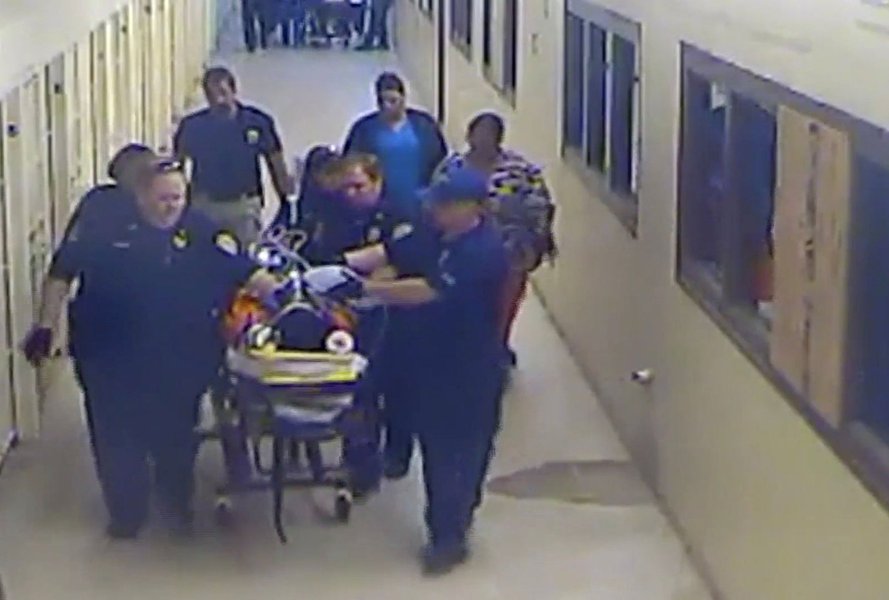On January 8, 2023, a group of supporters of former Brazilian President Jair Bolsanaro ransacked federal buildings in the capital city of Brasília, including the Supreme Federal Court, with the intention to overthrow the newly-elected government of Luiz Inácio Lula da Silva.
The failed coup attempt, which was broken up by Brazilian security forces within hours, brought comparisons to the failed Jan. 6, 2021, insurrection at the U.S. Capitol, and resulted in nearly 2,000 arrests in the days following the coup.
Bolsanaro, for his part, never conceded defeat in the race and Brazil’s electoral authority has banned Bolsanaro from running in the presidential election for eight years over this abuse of power and misuse of the media.
Brazilian authorities are currently investigating top aides of Bolsonaro and their involvement in the Jan. 8 coup and have ordered Bolsonaro to forfeit his passport.
Brazilian newsroom Aos Fatos, with the help of DocumentCloud and Filecoin, received a Gateway Grant that allowed them to create an archive of millions of data points collected from social media networks during the January coup attempt. This archive has been shared via DocumentCloud to researchers and journalists.
Using this archive, Aos Fatos also built Golpeflix, a multimedia time capsule using more than 119,000 images, 25,000 audio files and 321 videos collected from social media accounts, to show how Bolsanro and his supporters created a disinformation campaign to incite the coup.
A new investigation by Aos Fatos found that Bolsonaro supporters have continued their disinformation campaign on WhatsApp, to shield him from blame and ask fellow “patriots” to mobilize against Brazilian institutions.
To learn more about Aos Fatos and their work, the newsroom will show off their technical work and storytelling in a webinar on Friday, March 1, at 12 p.m. Eastern.
If you have a tip or want to collaborate with us, email us at news@muckrock.com.
The Update
-
FOIA Advisory Committee meeting in March: The FOIA Ombudsman has announced the next meeting of the 2022 to 2024 term of the Freedom of Information Act Advisory Committee for Tuesday, March 5 at 10 a.m. Eastern. This virtual meeting is open to the public and registration is required. It will include three updates from the groups Resources, Implementation and Modernization subcommittees.
-
Additional federal funds to long Covid research: The Biden administration has given an additional $515 million to the National Institutes of Health’s RECOVER initiative to understand and investigate treatments for long Covid, reports Rachel Cohrs at STAT News. A 2023 investigation by MuckRock and STAT News found that the federal government has burned through more than $1 billion to study long Covid, with little to show for it.
-
‘Vexatious requester’ bill introduced in Colorado: State lawmakers have introduced a bill that would allow state and local governments to label someone a “vexatious requester” and deny them access to public records for 30 days, reports Ben Markus of Colorado Public Radio.
-
LA sues local journalist over posted photos: The city of Los Angeles has taken legal action against reporter Ben Camacho and the Stop LAPD Spying Coalition for posting more than 9,000 photos of Los Angeles Police Department officers, after obtaining them through a public-records request, reports Libor Jany in The Los Angeles Times.
FOIA Finds
-
Records in 19 states reveal poor housing conditions for farmworkers: Investigate Midwest spent two years requesting inspection records of farmworker housing from each state to understand the living conditions for farmworkers across the U.S. The newsroom obtained records from 19 states that showed housing with poor fire prevention standards and many filled with mold and mildew, reports Sky Chadde.
-
Rising Missouri call center wait times: In Missouri, the average hold time for the state phone line dealing with food assistance interviews reached 1 hour and 12 minutes in December, according to records obtained by The Missouri Independent under the state’s Sunshine Law. Clara Bates reports that the state’s phone line dealing with programs such as Medicaid, temporary assistance for needy families and the child care subsidy, exceeded one hour and 45 minutes in December.
-
Richmond schools spent thousands to hide report from newsrooms: Documents obtained by CBS6 News in Richmond, Virginia, through an open records request reveal that Richmond Public Schools spent thousands of dollars to keep a report on a 2023 shooting outside a district graduation ceremony private and on legal fees tied to a lawsuit filed by CBS 6 and the Richmond Times Dispatch, reports Tyler Layne for CBS.



